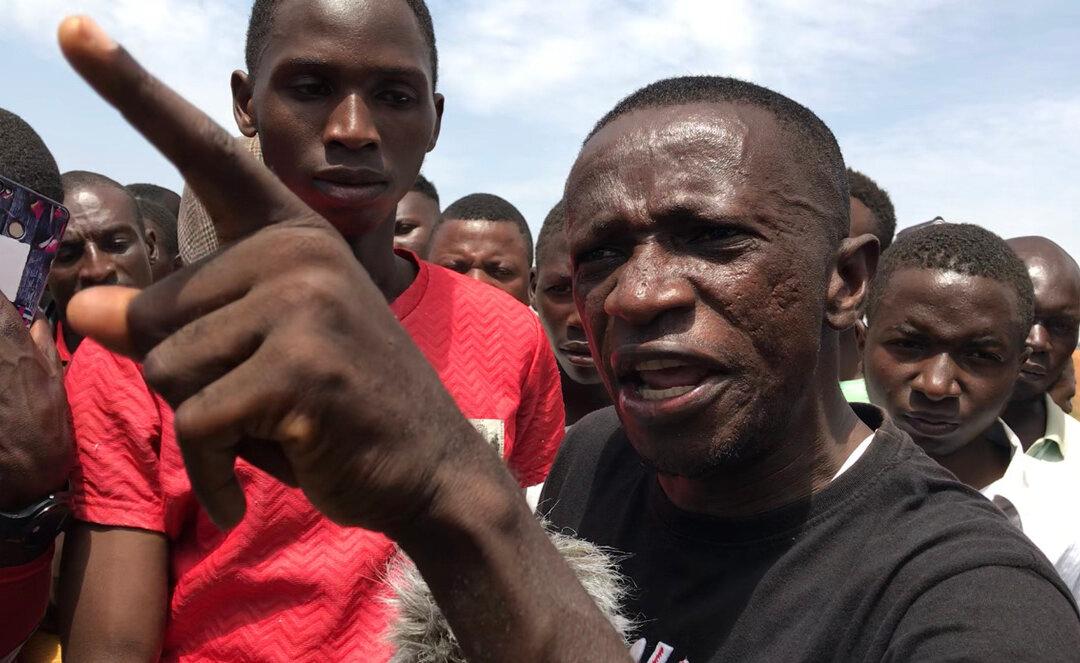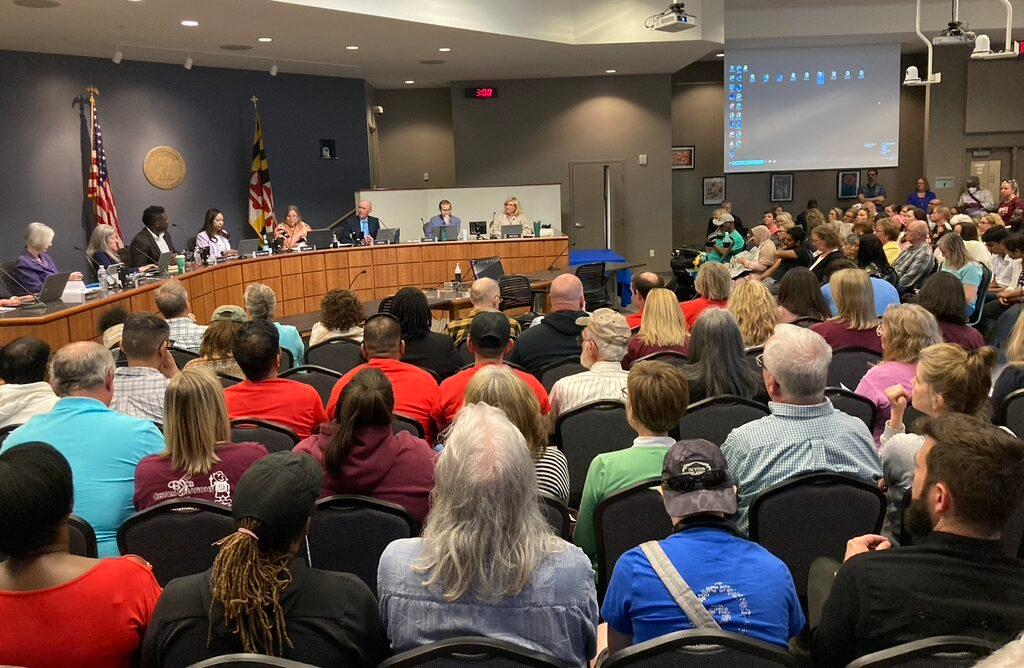Buffeted by insurgent attacks in Nigeria’s northeast and northwest, the Nigerian army is bracing itself for more challenges, including mega-fraud by arms procurers.
“Nigeria’s army is stretched thin,” according to David Otto, a London-based defense consultant for the Nigerian Defense Ministry. The competition between two terrorist groups claiming the mantle of ISIS was decided in late May with the suicide of longtime Boko Haram leader Abubaker Shekau by self-detonation.





